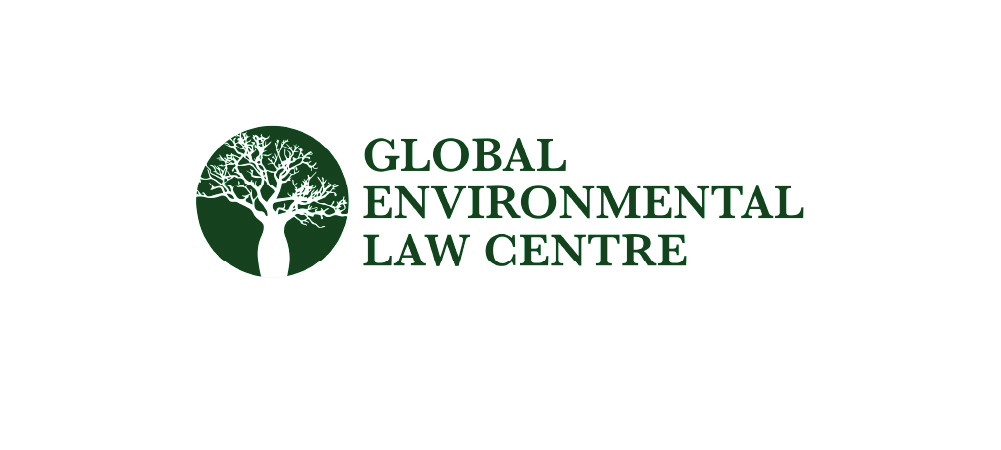
The GELC was formally established in 2019 with the aim to foster legal research and innovation to enhance the ways that environmental law and governance frameworks and systems respond to global environmental crises particularly associated with the Anthropocene – a geological period of time during which human activities have caused unprecedented changes to Earth’s climate and ecosystems.
Word from the Director:

Welcome to the Global Environmental Law Centre (GELC)
We critically engage with questions surrounding the appropriateness of legal and governance systems in dealing with the large scale and practically irreversible planetary changes brought on by the Anthropocene.
Our focus
The world as we know it has arguably shifted into a new era. This era, known as the Anthropocene, is a geological epoch wherein humans have altered the atmospheric, geologic, hydrologic, biospheric and other earth system processes to such a degree that the limits of the Earths planetary boundaries have been exceeded – posing significant risks for the survival of the planet and humankind. The large scale and practically irreversible environmental degradation associated to the Anthropocene is characterized by, amongst others, climate change, ocean acidification, deforestation, widespread extinction of species, diminishing ecosystems, soil degradation and significant levels of air-and water pollution.
While the survival of humankind as a whole is threatened by these planetary changes, it is agreed that people situated in the developing world, including those forming part of vulnerable and marginalized groups will be disproportionately affected. As such, the Anthropocene is closely associated with issues of equity and justice.
The Anthropocene is also associated with the “global” – firstly, in terms of the extent to which the planetary boundaries have been crossed, and secondly, in terms of the scale of the challenges associated with the environmental degradation as the challenges increasingly pervade and blur traditional boundaries of politics and governance.
This situation raises questions regarding the adequacy and responsiveness of the current design of law and governance systems to deal with and counter the challenges related to the Anthropocene. Existing (Holocenenic) legal frameworks and systems of governance have proven to be fraught with structural and epistemic shortcomings that necessitate an innovative, and perhaps radical revision of its tenets in order to address the challenges related to the Anthropocene.
It is against this backdrop, that the Global Environmental Law Centre (GELC) aims to foster legal research and innovation to enhance the ways that global environmental law and governance systems respond to the environmental crisis of the Anthropocene. This topic is critically considered through a number of integrated research areas. For more information on the scope of this research see “Areas of Research Focus” – click here
Our history
The GELC was formally established in 2019 with the aim to foster legal research and innovation to enhance the ways that environmental law and governance frameworks and systems respond to global environmental crises particularly associated with the Anthropocene – a geological period of time during which human activities have caused unprecedented changes to Earth’s climate and ecosystems.
Through innovative teaching approaches at the University of the Western Cape, we further aim to equip students with the necessary knowledge and skills to enhance their employability whether in practice or in academia. Some of our other activities include:
- Organising and hosting international seminars, conferences, workshops, webinars, public lectures and other related events on critical topics pertaining to global environmental law and governance challenges;
- Hosting leading international scholars;
- Postgraduate research supervision;
- Academic publications;
- International and regional collaboration; and
- Fostering systematic engagement with partners outside academia (local, regional and international actors) to co-identify strategic directions for research that are focused on targeting real-life knowledge gaps

